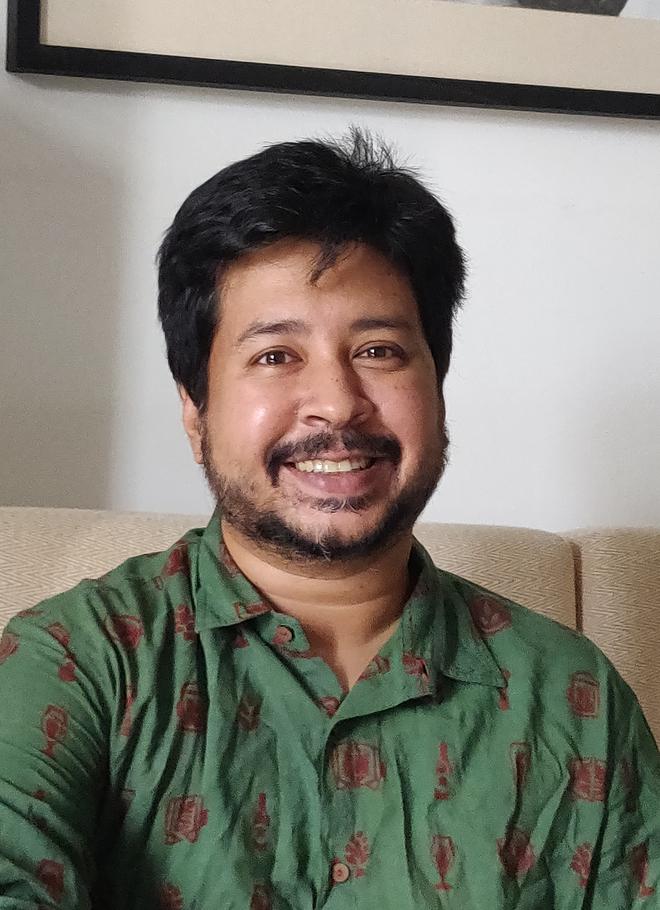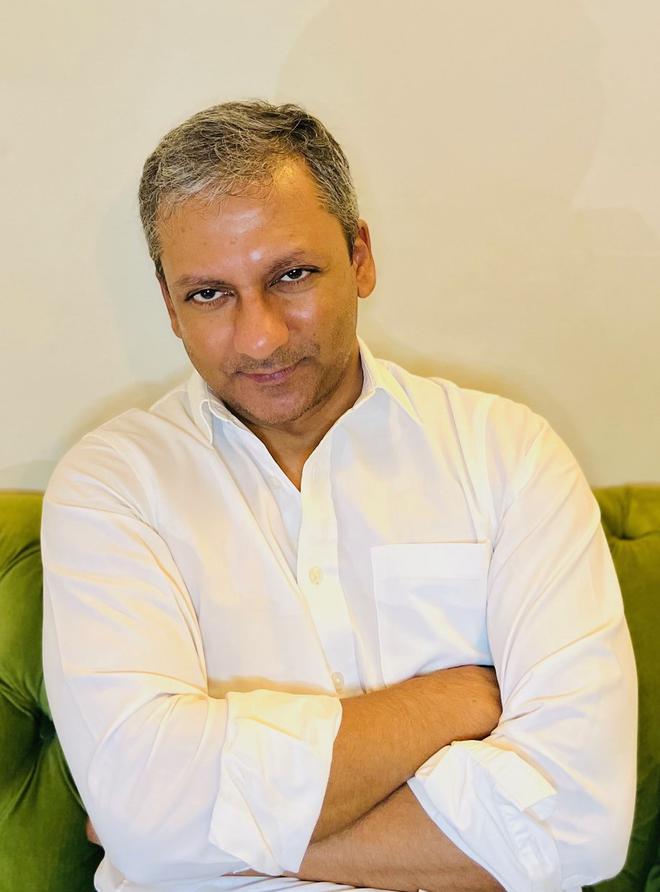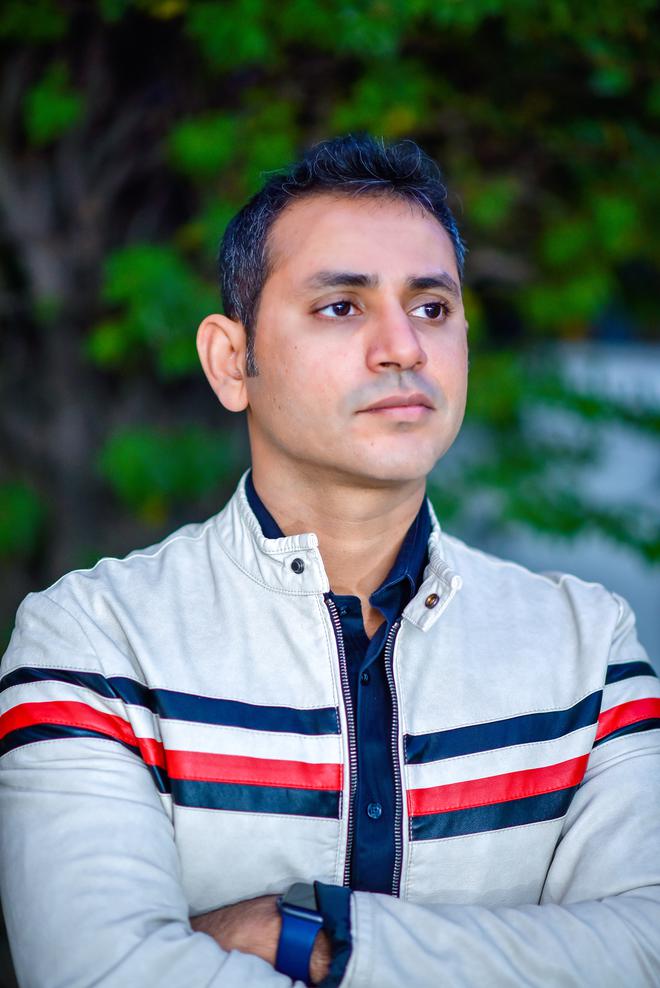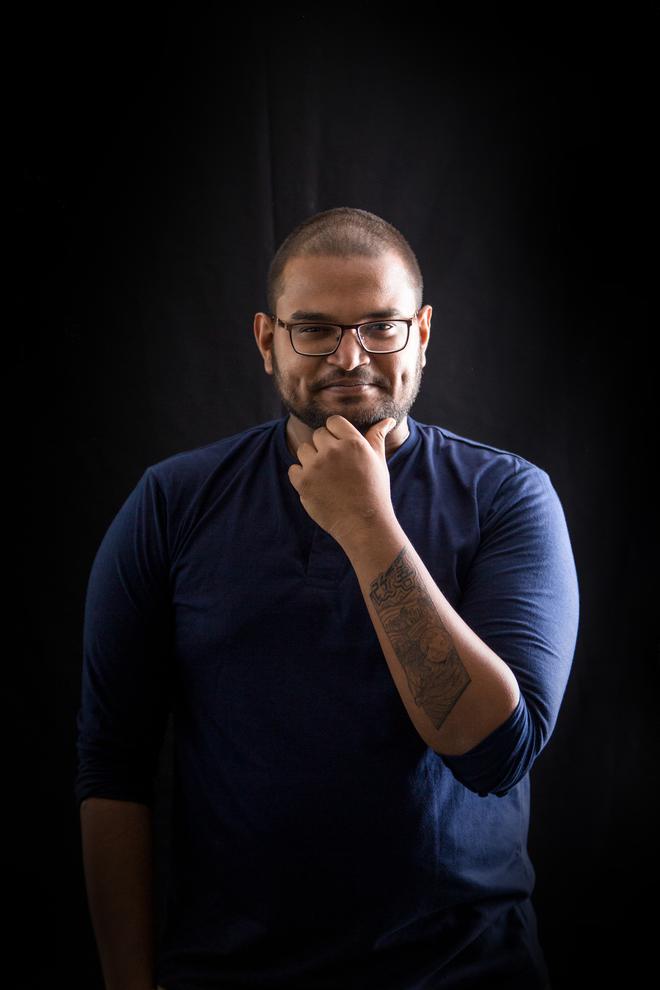The first fantasy book I remember reading is Tolkien’s classic The Hobbit. Dragons, magic, dwarves, elves, kings, battles — there wasn’t much I didn’t love about it. It set me on a path to reading every kind of fantastical, weird and wonderful piece of literature I could find. It’s an experience many writers in South Asia identify with, something I realised when I interviewed them on my podcast, Arcx (for Dark ’n’ Light ezine).
Reading Tolkien years later, even as a fan, is a different experience. These days I’m cognisant that the father of modern fantasy literature had some fairly skewed views about race. It’s also hard to ignore that The Lord of the Rings featured only three prominent female characters.
Interrogating literature that you grew up consuming is an important part of being a storyteller. And as a result, many South Asian authors have been inspired to write books set in their own countries, featuring customs and characters that are true to their life experiences. For many of us, decolonisation is an ongoing process, and it is increasingly apparent that the reclamation of stories is a big part of that.
Difficult subjects

Bengaluru-based writer Lavanya Lakshminarayan too cites Tolkien as an early influence. The Hobbit prompted her first attempts at storytelling. She says, “I talk about The Hobbit and The Lord of the Rings in glowing colours because of the sense of wonder and profound impact they had on me in my formative years. Having said that, there are huge gaps in these works.”
So, while she still appreciates Tolkien’s work, it’s worth noting that Lakshminarayan’s own debut novel, Analog/Virtual: And Other Simulations of Your Future (2020), published internationally as The Ten Percent Thief in 2022, is set in Bengaluru of the future, with a cast of characters that are immediately recognisable to anyone who has lived in an Indian metro, or in the Silicon Valley of the South, in particular. This interconnected series of stories explores difficult topics such as abortion, fascism, the toxicity of hustle culture, the invasive reach of technology, and the creeping devastation of climate change.

Another of Lakshminarayan’s influences is Samit Basu. One of India’s best-known contemporary science fiction and fantasy authors, Basu published his first book, The Simoqin Prophecies, in his early 20s, and his 2020 book Chosen Spirits, published internationally as The City Inside, garnered plenty of interest from readers and critics alike. Set in Delhi of the near future, Chosen Spirits gives us a glimpse of a grim but believable future, which is not so much dystopia but a capitalist fever dream filled with social media influencers, oligarchies, fascist uncles, underground revolutions, and the stark realities afforded by class and privilege.
Says Basu, “A lot of western or further-eastern hero literature usually comes from people who are writing from a completely safe space where they think that systems work, where they don’t have anyone to take care of, where the consequences of their actions are all along a very individual prism.”
Home advantage

Bangladeshi writer Saad Z. Hossain too explores themes that are a recurring part of life in his world — corruption, institutional neglect, resistance, and societal resignation — ideas that most South Asians understand intimately. Also featured are djinns, magic, gamers, and spiralling humanity. His critically-acclaimed books, The Gurkha and the Lord of Tuesday (2019) and Kundo Wakes Up (2022), are set in cities such as Kathmandu and Dhaka, and show the pinnacle and the dregs of a dystopian society run entirely by a morally ambiguous AI.
According to Hossain, the key to creating a plausible AI-format South Asian future is reality-based. “I felt like human governance is the place where we need AI. Trying to pay your income tax, for instance, where there’s all these problems. But if it were fully automated, it wouldn’t be that difficult. Living in Bangladesh or India or anywhere in the global South, you have hurdles that might seem ridiculous to people in other parts of the world,” he says.

Nowhere is this regional specificity more evident than in the works of Pakistani writer Usman T. Malik. The Lahore-based author’s award-winning short story collection, Midnight Doorways (2021), explores a vast range of themes — from communal violence to historical horror and satirical fantasy. The backdrops to these stories range from a narrow alley in Lahore to an orphanage on Multan street. These are uniquely Pakistani stories with all the cultural nuances and implications therein.
The colonial experience
One of the most promising voices in South Asian science fiction, Yudhanjaya Wijeratne, is from Sri Lanka. His yet-unpublished novel, The Wretched and the Damned, won the prestigious Gratiaen Prize in June this year. Beginning with a bang, Wijeratne’s self-published debut novel, Numbercaste (2017), explored an all-too-possible future with an inside view of an evil corporation and a rising world order.

He followed it up with The Inhuman Race (2018) and The Inhuman Peace (2021), a series that explores an alternate futuristic history wherein Sri Lanka remains part of the British Commonwealth. In this bleak future, parts of the country are populated by child-like robots created entirely for human entertainment. They fight, they die, and it’s all televised. A fascinating take on a tech-based future, the books offer an interesting anti-colonial perspective.
Wijeratne says colonialism is a large part of his work, making an appearance in most of his books in some shape or form. “Colonialism is something I have a complex relationship with. Growing up, I had friends who wanted to be writers, and who wanted to go out and do great things. We were all poor and stuck together, but a large part of the reason that I made it, and many of them didn’t, isn’t because I was smarter or more able. It’s because I spoke English, the language of the coloniser, so to speak, and I could access resources and information and I had a leg up.”
Hollywood, not yet
Now that the floodgates are open, more and more contemporary South Asian writers are venturing into the breach. Notable mentions are Vajra Chandrasekera whose debut novel, The Saint of Bright Doors, came out this July and his second book, Rakesfall, is slated to be released in June 2024; Tashan Mehta’s Mad Sisters of Esi that came out in September; Prashanth Srivatsa’s much-anticipated debut, The Spice Gate, which will be released in 2024; Bina Shah’s long-awaited second book, The Monsoon War, that’s in stores; and Kritika H. Rao’s debut, The Surviving Sky, which is topping international bestseller lists.
While the possibility of these books being made and remade by Hollywood heavyweights is still distant, there is little doubt that they are indisputably changing the publishing landscape. It seems increasingly likely that we will soon have access to authentic South Asian stories at every reading level. With the prospect of that future, I can probably sit through a few more questionable The Lord of the Rings-inspired shows.
The Bengaluru-based writer, editor, and caffeine addict is a podcast host and author of two children’s books.







